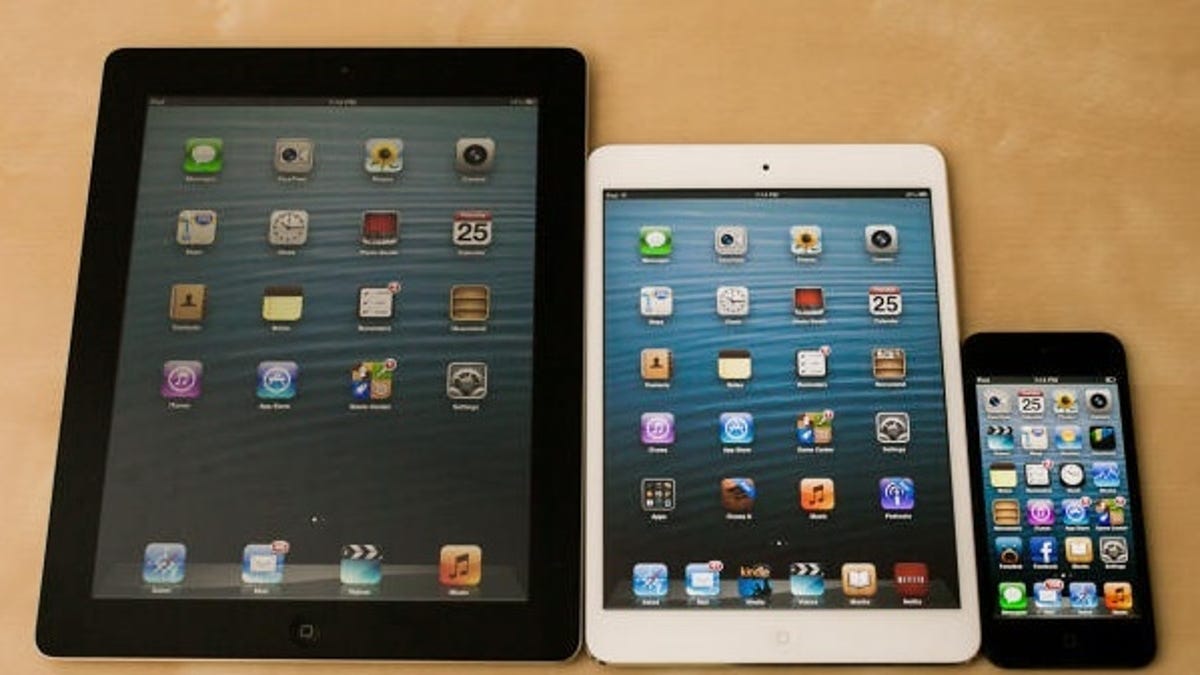Apple's rise to test Intel's next CEO
Future Apple internal chip development will have an outsized impact on Intel's future.

The success of the iPad and iPhone is a problem for Intel's next CEO.
Intel CEO Paul Otellini seems to be exiting in the nick of time. His successor will face an increasingly hostile world of customers like Apple fashioning chips for their own purposes.
Apple is a big Intel customer. Macs are all Intel-based. Problem is, most of Apple's growth is happening in tablets and phones.
This is not a trivial issue for Intel. As Apple ships more iPhones and iPads, more R&D and money flow to Apple's internal chip development -- in the form of its A series processors -- and away from Intel.
For Apple it makes a lot of sense. It can design so-called custom silicon that more closely fits its needs.
And taken to its logical conclusion, Intel gets increasingly marginalized as Apple's own silicon takes center stage.
But the bigger challenge for Intel is Apple's outsized influence in the computer industry. Apple's success in (non-Intel) phones and tablets pushes equally-large and equally-influential rivals like Samsung and Google to come up with their own internally-developed alternatives. And that pushes the center of gravity for personal computing further from PCs.
What can Intel do? It will likely have to lean on one of the following three people who were not-so-subtly floated as CEO candidates in Intel's press release today: Brian Krzanich, chief operating officer and head of worldwide manufacturing; Renee James, head of Intel's software business; and Stacy Smith, chief financial officer and director of corporate strategy.
The next CEO's best response -- at the moment -- to Apple's internal development is a chip codenamed Haswell, its successor Broadwell, and separate design called Silvermont.
Due early next year, Haswell will likely find its way into tablets like Microsoft's Surface and Broadwell -- built on Intel's next-generation 14-nanometer technology -- should even be a better fit for tablets and small tablet-like PC devices.
Less is known about Silvermont and its successor Airmont. Those chips are targeted at even more power-sensitive and thinner tablets and newfangled devices the PC industry comes up with in the next 12 months.
Whatever happens, Intel silicon will need to satisfy device makers' appetite for mobile chips. And Apple is as good a test case as any.

